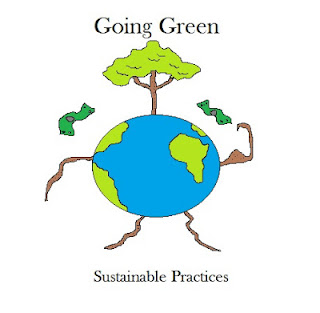| Coastal Days by Murad Abel |
The ocean coastline is one of the most important assets of San Diego and California in general. It is such a popular natural resources that much of San Diego was developed off of this coastline. Warm weather, sunny beaches, and clean coasts draw around 33 million visitors a year, $8.4 billion in spending, and $388 million in taxes annually (1). With such a valuable asset each person has a responsibility to respect and protect the environment.
If you have ever walked on the beach, surfed in the middle of day, threw a line off one of the piers, or sun tanned at the beach you will quickly learn how important this asset really is. A great many people spend hours, some a lifetime, around the beaches and enjoy them to the fullest. An entire culture as developed off of the sand.
You will also notice that the closer you get to the beach the more expensive housing becomes. Areas like La Jolla are in the millions of dollars. People pay a premium to both buy and live near the beach. As you move inland the housing becomes cheaper. The coast has created its own economy with housing, restaurants, events, and outings.
The city does a solid job keeping trash bins empty, enforcing clean up, and encouraging the protection of their most important asset. Despite the cities best efforts it is up to San Diegans, and visitors to keep the coast clean. Each of our actions contribute to the growing pollution problems of our coastline.
According to San Diego Coast Keeper, a non-profit focused on the coastline, a huge percentage of pollution comes from locals (2). Run off from trash, pesticides, animals, etc... can make their way into the water and cause their illness. It is advised not to go into the ocean directly after rain due to the buildup of pollutants that make their way into the ocean.
There are a few things we can do that help to ensure that we are limiting the amount of trash and pollutants in our environment. Seeking environmentally friendly products, recycling, picking up trash, using natural landscape, donating to environmental organizations, and frequenting businesses that support the environment are part of the process. You can always check out some of the environmentally friendly businesses below:
San Diego Government Listings
San Diego Yelp Listings
San Diego Loves Green
Greenopia
US Green Chamber of Commerce
The Picture "Coastal Days" shows a bright sky with puffy clouds. The cliffs, coast, and oceans are bright and eye catching. The picture helps show the beauty and life that exists on the coast and appears to be nearly perfect in environmentally cleanliness. You may purchase the picture in poster form on the Creative Works page or Fine Art America.
